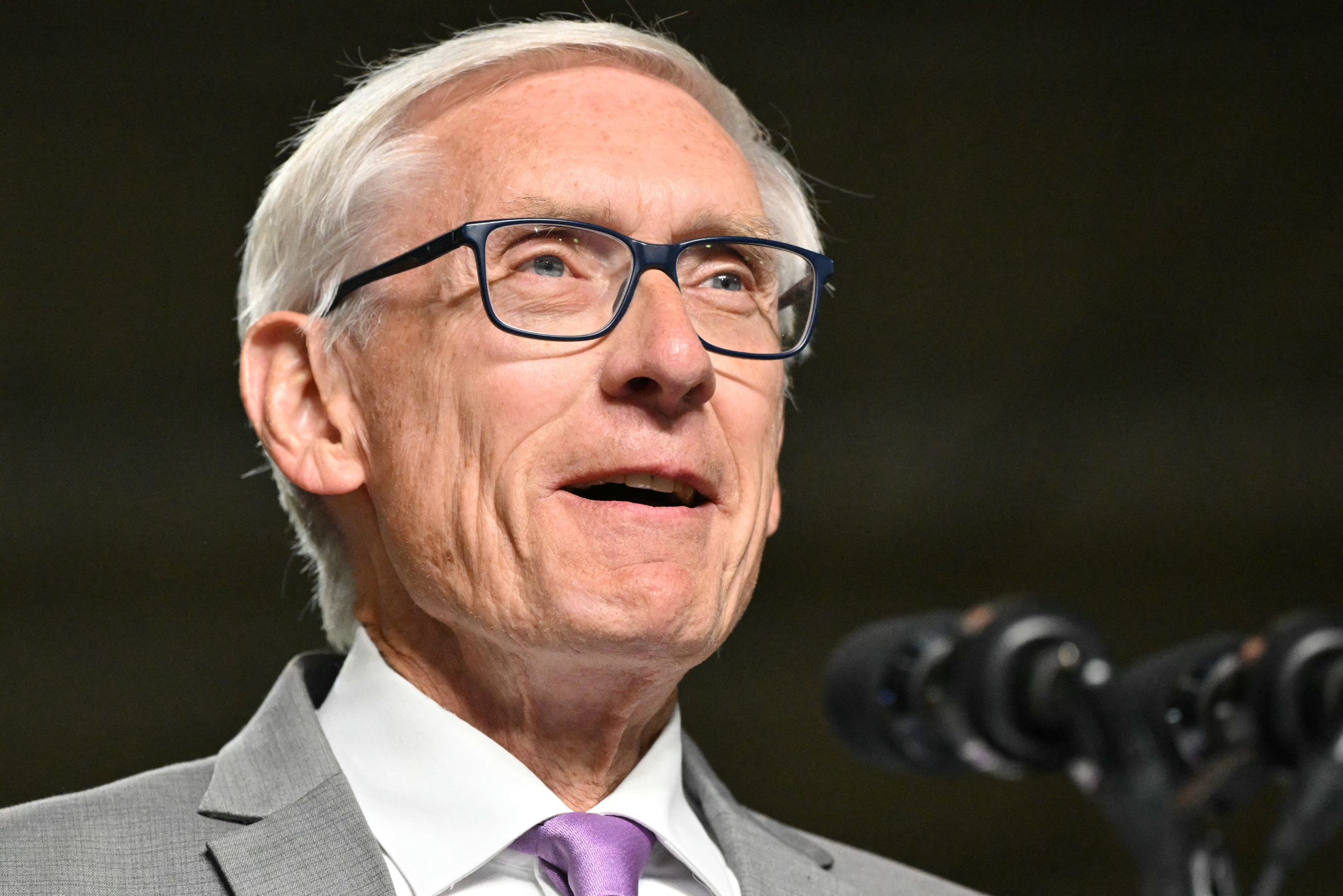The Wisconsin Supreme Court recently heard a significant case regarding Governor Tony Evers’ controversial partial veto that aims to increase public school funding for the next 400 years.
In 2023, Evers, a Democrat, leveraged his partial veto authority to raise the amount of revenue that K-12 schools can obtain per student by $325 each year until 2425. Initially, the legislation limited this increase to the 2023-24 and 2024-25 school years, but Evers’ veto removed key elements to extend the end date to 2425.
This move has been challenged by the Wisconsin Manufacturers & Commerce Litigation Center, which represents the state’s largest business lobbying group, and is backed by the Republican-controlled legislature.
Legal scholar Richard Briffault’s team filed a statement with the court that criticized the veto as “absurd” and out of line with the legislative intent regarding the partial veto and its constraints.
During the hearings, Scott Rosenow, representing the WMC, echoed concerns over the extent of Evers’ veto power, a sentiment shared by several liberal justices on the court. Evers’ attorney, Colin Roth, defended the governor’s actions as a legitimate use of his partial veto powers as allowed by law.

Mandel Ngan/AFP via Getty Images
The partial veto was introduced in Wisconsin back in 1930, though it saw restrictions after controversial vetoes from both parties in the ’90s and 2000s. Specifically, the 1990 amendment prevented governors from altering individual letters to create new words, and the 2008 amendment barred them from combining text across multiple sentences.
The ongoing lawsuit asserts that Evers’ veto contradicts these amendments. However, Evers argues that the 1990 amendment doesn’t prohibit the alteration of numbers as a means to extend fiscal policy.
Some justices voiced concern that Evers might be overstepping his authority, with Justice Rebecca Bradley stating that it appears the governor is gaining excessive power. Meanwhile, Justice Rebecca Dallet remarked that a 400-year extension seems extreme.
Justice Brian Hagedorn noted that the legal landscape around these veto powers feels chaotic and requires clarification. The justices reflected on the need for boundaries regarding partial vetoes, with Justice Jill Karofsky suggesting that this moment could be pivotal in redefining those limits.
Rosenow urged the court to invalidate Evers’ veto, claiming that otherwise, governors could gain unchecked authority to modify budgetary figures. A decision on this contentious case is expected in the coming months.
This article includes reporting from The Associated Press.
